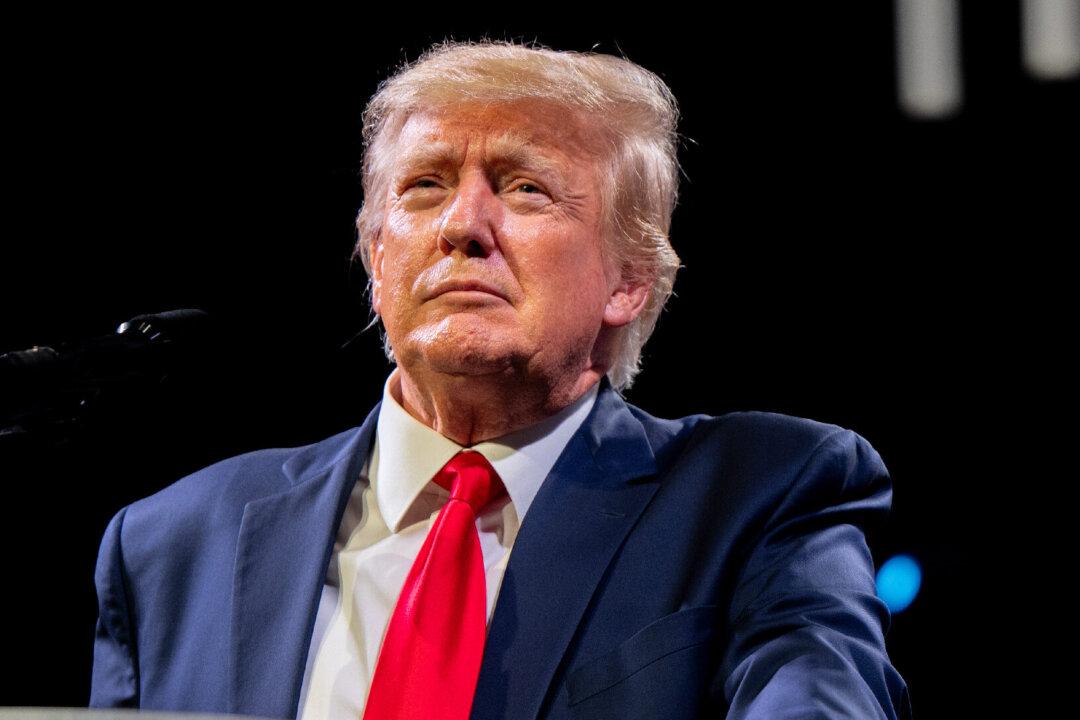WASHINGTON—Testimony that suggested the Donald Trump-Russia claims given to the FBI by a Hillary Clinton lawyer may have been fabricated will be struck from the record, along with mention of the email that triggered the testimony, a judge has ruled.
On Tuesday, FBI agent Curtis Heide was presented with an email sent by Rodney Joffe to researchers with the Georgia Institute of Technology dated Sept. 14, 2016. Joffe discussed one of the white papers Michael Sussmann, a lawyer representing both Joffe and the Clinton campaign, later handed over to the FBI alleging a secret link between Trump and a Russian bank.






